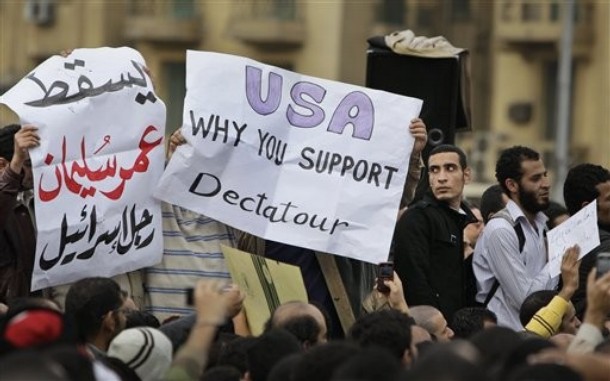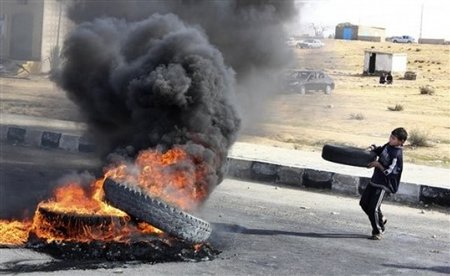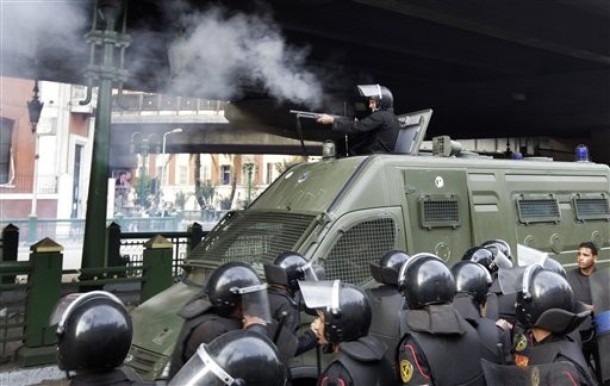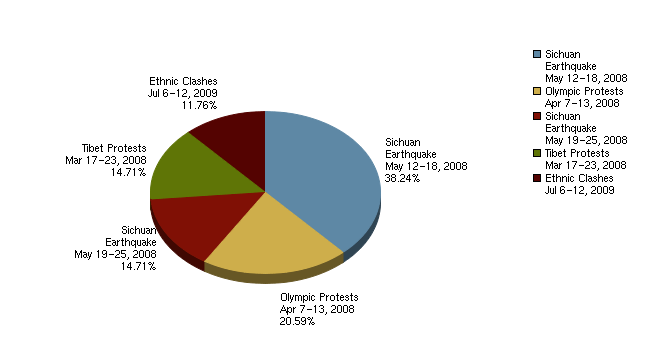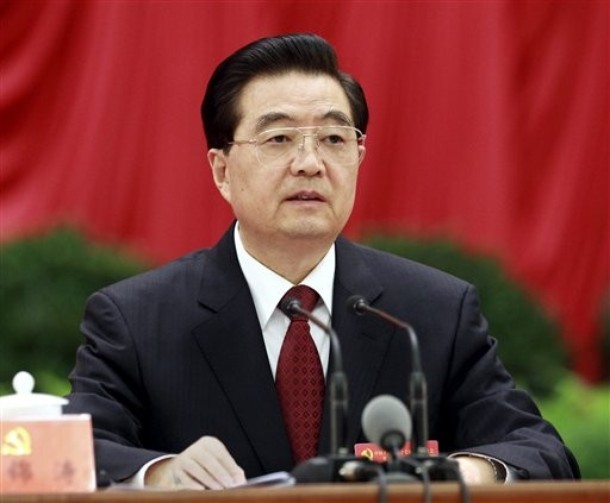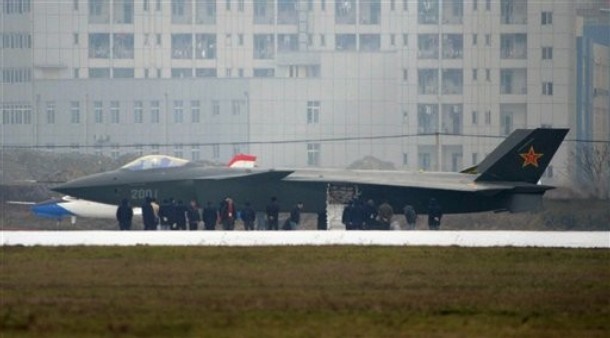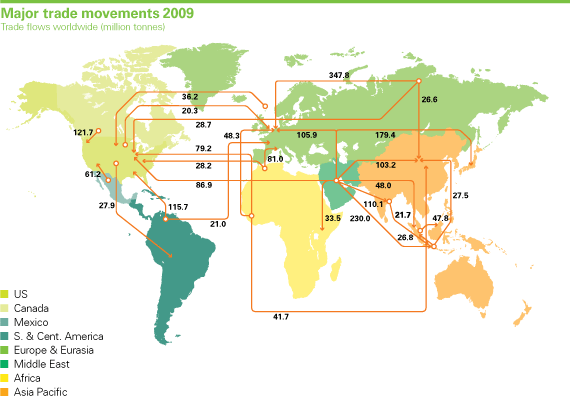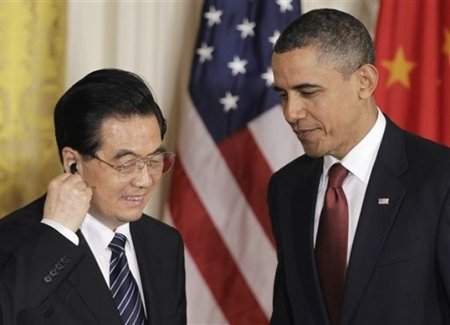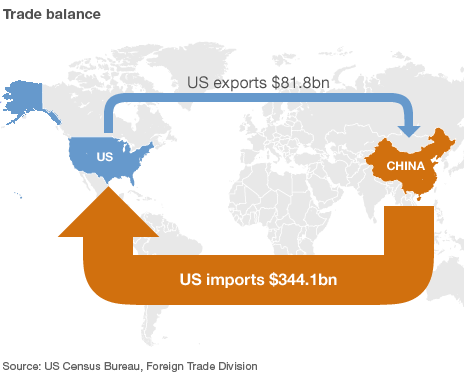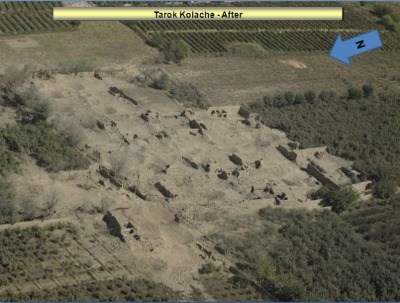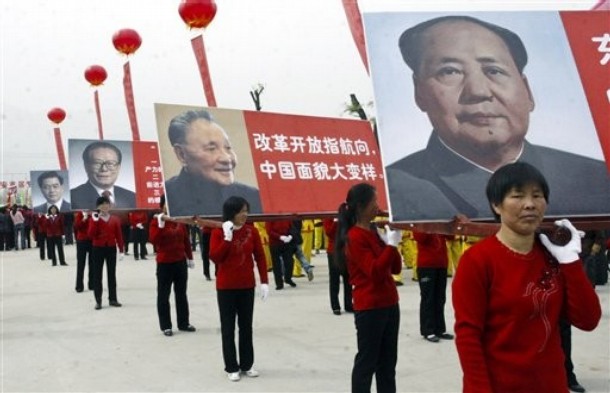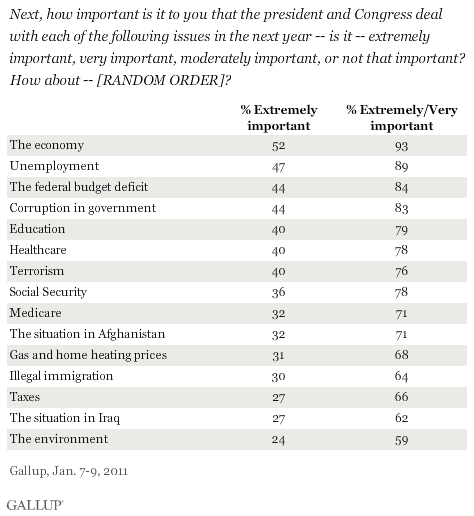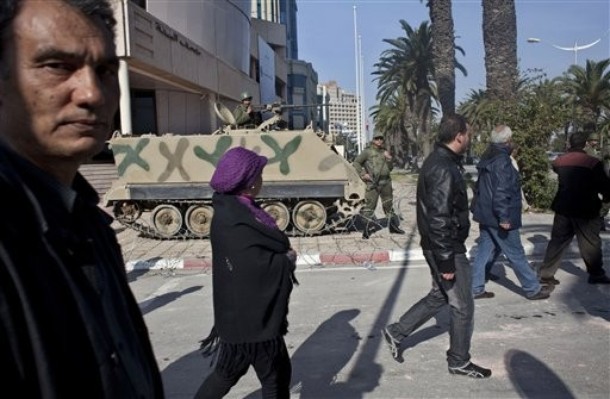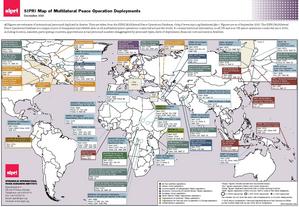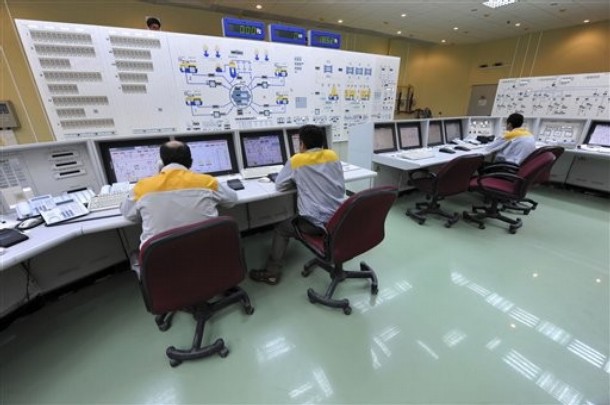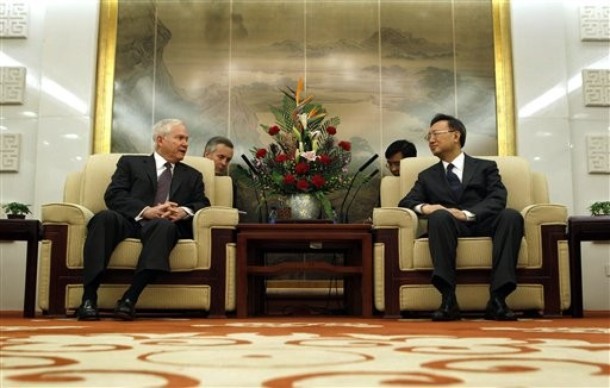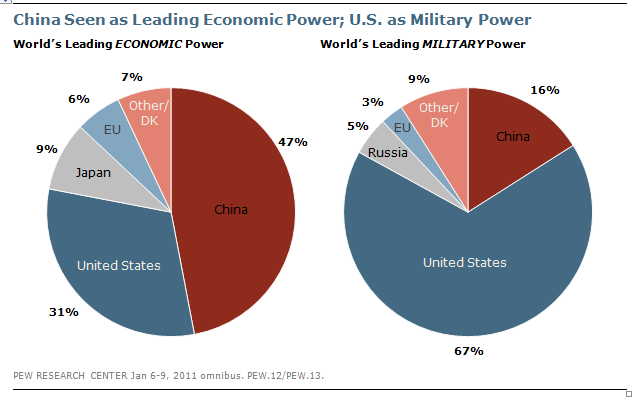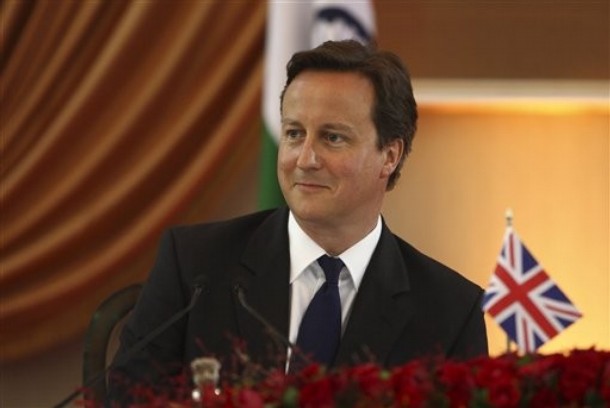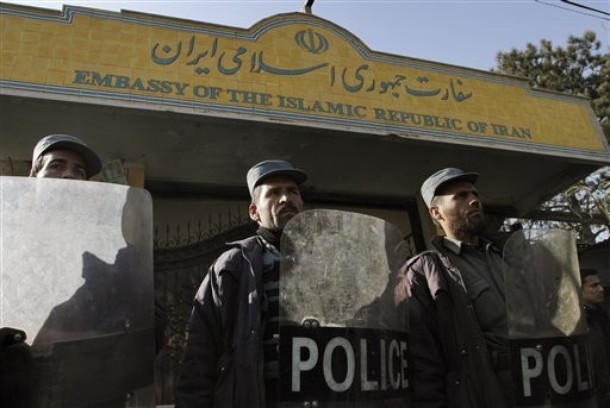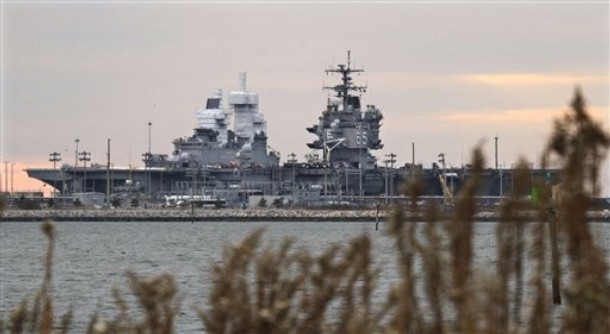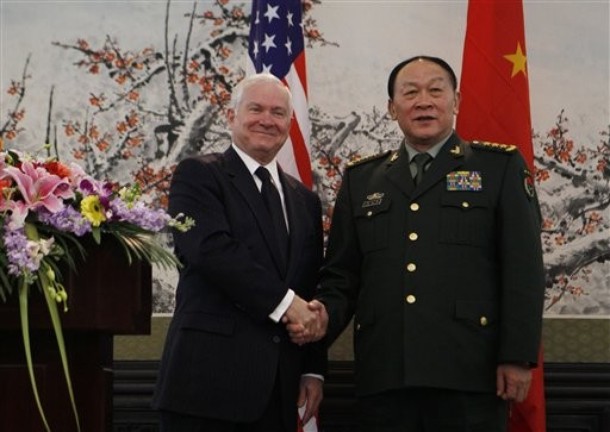Egypt and the Muslim Brotherhood
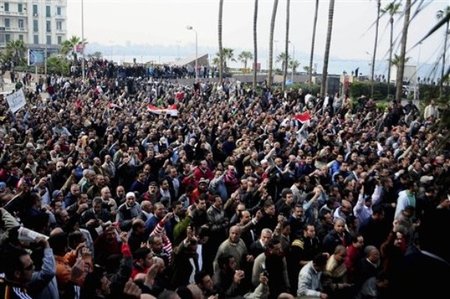
Earlier this month I wrote about the Muslim Brotherhood and the challenges they present within Egypt. I asked a few questions of Shadi Hamid, director of research at The Brookings Institution's Doha Center, and he had this to say at the time:
"In recent years, the Egyptian regime has adopted a new, troubling character, moving from autocracy with a liberal veneer to full-blown autocracy. The most recent elections suggest the regime no longer has much interest in pretending," Hamid told me. "In the 2005 elections, the Brotherhood won 20 percent of the seats in what seemed a victory for Egyptian Islamism. Since then, the Brotherhood has experienced the worst period of anti-Islamist repression since the 1960s. This coincides with the rise of a new faction of neo-liberal, Western-educated technocrats in the ruling party, who, somewhat ironically, seem to have less tolerance for opposition than the regime's 'old guard.'"Hamid maintains that the Brotherhood and other Islamist groups are in a state of increasing crisis in response to this repression.
"The Brotherhood has struggled to respond to the regime repression and failed to articulate a clear vision for change," Hamid told me. "The 2010 elections - quite possibly the most rigged in Egyptian history -- further showed a movement hedging its bets, unsure of where to go and how to get there. Their half-hearted participation -- they only ran about 130 candidates out of a possible 518 -- came after difficult internal debates over whether and how to participate in elections that they knew would be worse than anything in recent memory."
My own opinion after speaking to many experts is that the Brotherhood is an area of some concern, yes, but it's difficult to judge their real power or impact - and even with that being the case, the concerns are not so great as to be worth shoring up corrupt autocracies on their last legs.
A few weeks later, the answers to these questions of course carry far more weigh. Even as some now claim that the Brotherhood is nothing to worry about, there remains significant concerns about how much of a role they would play in any new Egyptian government. Hamid has now called the Obama administration's initial response to the Egyptian revolt "disappointing, but not surprising." That's certainly my reaction to today's uncomfortable Q&A at the White House, courtesy of ABC News' Jake Tapper, in the wake of Mohammed ElBaradei's defense of the Brotherhood:
TAPPER: ElBaradei told ABC News this weekend that the Muslim Brotherhood is no more extremist -- is not an extremist organization and is no different from Orthodox Jews in Israel or evangelical Christians in the United States. Does the Obama administration agree with that?GIBBS: Well, let me -- without getting into a discussion about them, I think there are certain standards that we believe everybody should adhere to as being part of this process; one that is, to participate in this ongoing democratic process, one has to take part in it but not use it as a way of simply becoming -- simply becoming or taking over that process simply to put themselves in power. We believe that any group should strongly weigh in on the side of nonviolence and adherence to the law.
Meanwhile, a leader in the Muslim Brotherhood has apparently called for a war on Israel. I would expect a followup or two, Mr. Gibbs.
(AP Photo)

